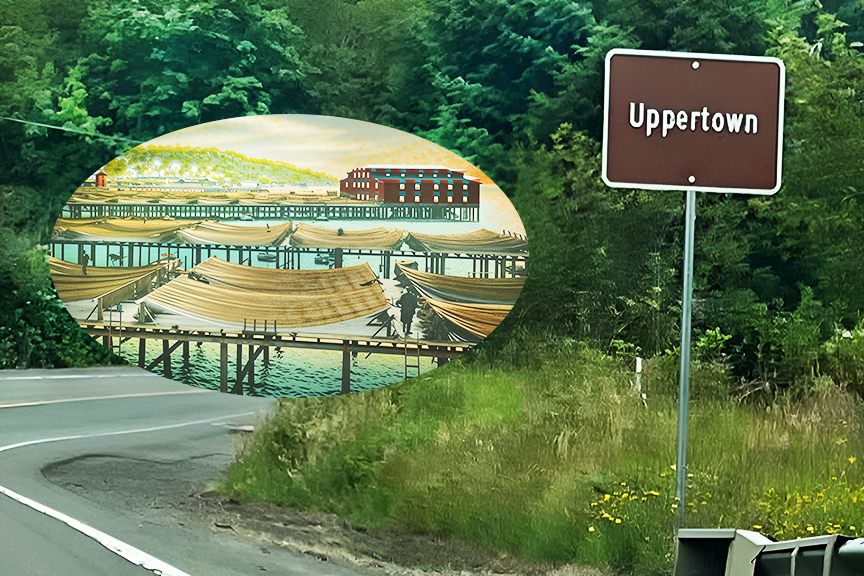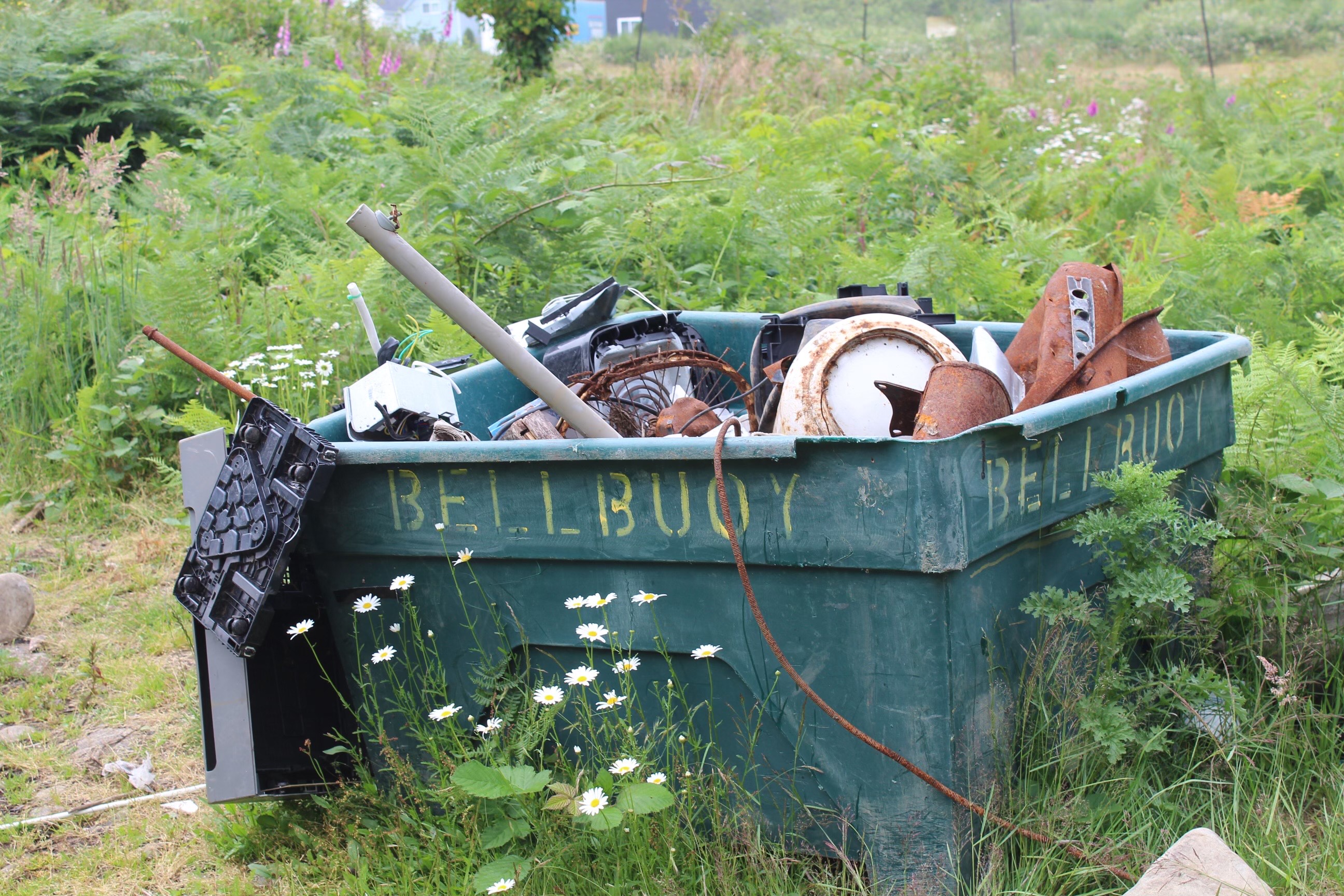Letter: Out of balance
Published 12:15 am Thursday, December 19, 2024
Roughly two-thirds of Oregon’s kelp forests have disappeared. That’s an alarming statistic your recent article, “New report shows how Oregon’s kelp forests have dwindled,” (Nov. 30) and the Oregon Kelp Alliance’s report it covers reveals.
These marine algae are immensely important as the habitat and hunting ground for countless species — from gray whales all the way to tiny crabs. They’re an important component of coastal resiliency because they help stabilize shorelines, reduce wave energy and lessen coastal erosion. The less kelp we have arming our coast, the more vulnerable we are to these problems, and how climate change alters them.
Their primary threat appears to be an extreme overabundance of purple sea urchins, who love to eat kelp and don’t have many natural predators left. It’s clear these ecosystems are out of balance, and there’s more we can do to help them.
I’m glad to see groups like the Oregon Kelp Alliance doing their part, but what if another part of the solution to this kelp conundrum was to reintroduce wildlife that love to eat purple urchins — the sea otter?
Currently, the U.S. Fish and Wildlife Service is mulling over whether or not to bring them back. For the sake of our kelp forests, and all the benefits they provide, they should proceed swiftly with the next steps to do so.
IAN GIANCARLO
Oceans advocate, Environment America (Oregon)
Portland









